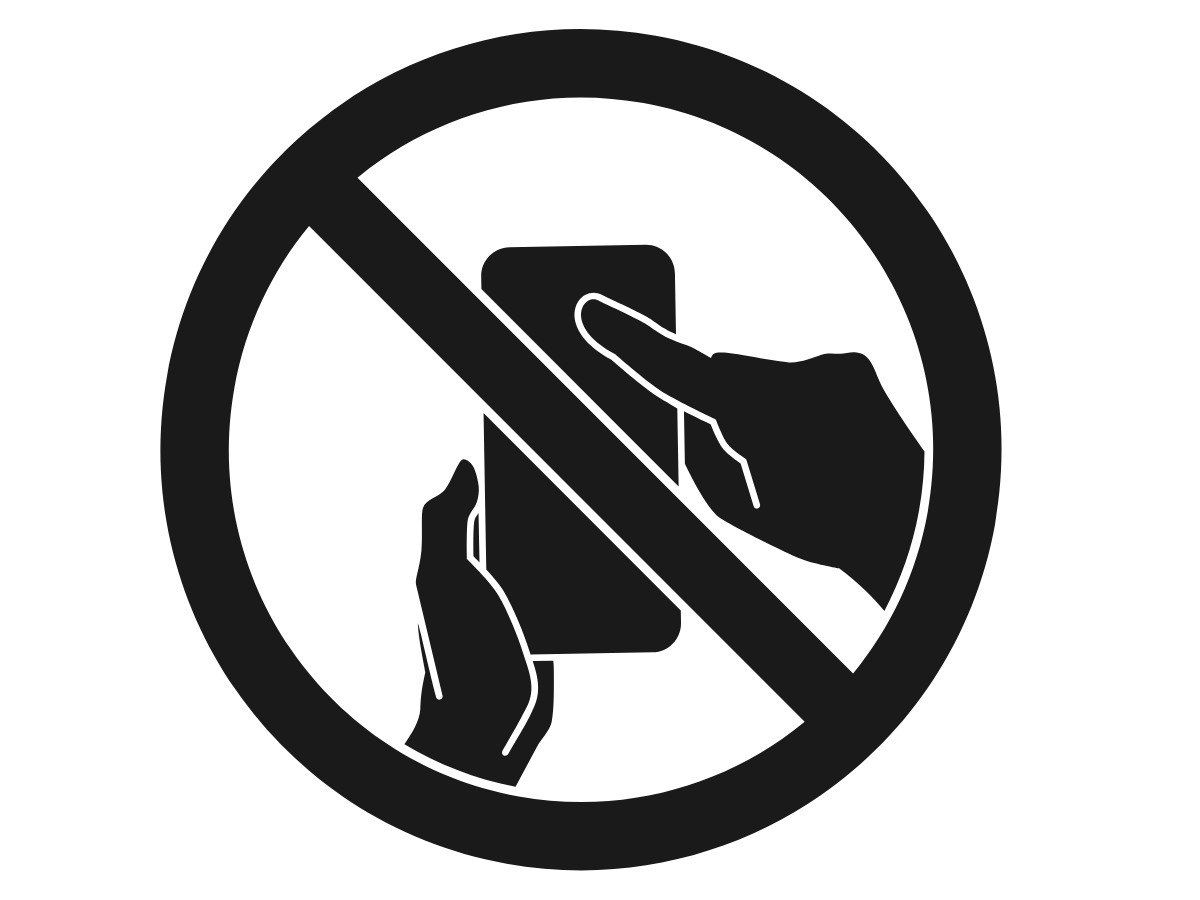Cancer Council WA is urging West Australian smokers to quit following a new international study which found people who smoke are more vulnerable to severe complications from the Coronavirus (COVID-19).
Cancer Council WA’s Make Smoking History Manager, Libby Jardine, said the study, which analysed data from China, shows that those who smoke are more likely to experience severe COVID-19 symptoms.
“The review of growing evidence by Harvard epidemiological researchers indicates smokers are more likely than non-smokers to experience severe COVID-19 symptoms, require critical care, and have worse outcomes,” Ms Jardine said.
“The research community are in the early stages of collecting COVID-19 data, however these results are significantly concerning for smokers, which is why quitting now is more important than ever before.
“The latest evidence from China suggests smokers are more likely than non-smokers to get coronavirus, have a severe case, be admitted to intensive care and ultimately lose their life.
“This is similar to what we already see with influenza, where smokers are twice as likely to get the flu and have a severe case due to an impaired immune system.”
With the Coronavirus pandemic continuing to impact Australian communities and put a strain on our health system, Cancer Council WA are urging West Australians to think about their health and how to protect themselves from the disease.
“Based on this evidence, there has never been a better time to call Quitline and help prevent the impact of coronavirus on our hospitals,” Ms Jardine said.
“By calling Quitline the chances of making a successful quit attempt are significantly increased and could prevent an intensive care hospital admission or even save your life or the life of a loved one.”
Quitline 13 7848 is a confidential, evidence-based telephone counselling and online support service which operates from Cancer Council SA by trained and experienced counsellors.
The service is available Monday to Friday between 8.30 am to 8.00 pm, with extended hours provided over the Easter long weekend.
Senior Quitline Counsellor David Schmidt has been supporting Western Australians to quit smoking for more than 10 years. He says that self-isolation, stress and social distancing are additional challenges facing smokers who are trying to quit in the midst of the pandemic.
“The main concerns I’m hearing from callers are how to deal with additional boredom due to isolation and extra stress, particularly around tight finances. It’s these kinds of situations which can increase smoking rates and make it hard to quit,” he said.
“Regardless of your questions or concerns, our message to all West Australians is that quitting now is more important than ever and we’re here to help. We can work with you to formulate strategies to manage cravings while in isolation, provide tailored call-back support and provide information on appropriate tools to assist with quitting.






